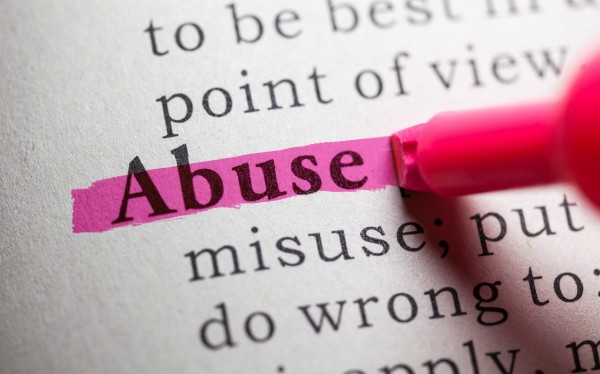
The government has launched a review into whether people receiving care at home have adequate protections from abuse by those providing it.
The probe is in response to concerns raised by disabled and deaf people’s organisations that existing safeguards are not adequate, where the carer fell outside the definition of domestic abuse provided by the Domestic Abuse Act 2021.
The review, which will be carried out by the Home Office and the Department of Health and Social Care and completed before the end of the year, will examine the scope and accessibility of existing protections and the availability and accessibility of support for victims.
Care Act under review
Protections under review include the safeguarding provisions of the Care Act 2014, notably section 42, under which councils must make enquiries when someone with care and support needs is experiencing, or at risk of, abuse or neglect from which they are unable to protect themselves because of their needs. It will also cover the offences of ill-treatment or wilful neglect by care workers or providers, under sections 20 and 21 of the Criminal Justice and Courts Act 2015.
Under the terms of reference, the review will cover all people receiving care at home, including in supported living or other housing with care arrangements, in England. It will not cover care homes because of their greater levels of oversight and regulation by the Care Quality Commission.
In relation to people providing care, it will cover those who are “personally connected” under the Domestic Abuse Act (see above), as well as other unpaid carers, such as friends or neighbours, paid care staff and volunteers.
The DHSC and Home Office said the review would consider the differences between the protections and support offered where the alleged perpetrator is an unpaid carer, as opposed to one paid or engaged to provide a service. For example, the offences of ill-treatment or wilful neglect under the Criminal Justice and Courts Act 2015 do not apply to unpaid carers, while the Care Act statutory guidance refers to “unintentional” abuse by informal carers arising where the carer is struggling with their role and may themselves need support.



 Bournemouth, Christchurch and Poole
Bournemouth, Christchurch and Poole  Hampshire County Council
Hampshire County Council  Oxfordshire County Council
Oxfordshire County Council  South Gloucestershire Council
South Gloucestershire Council  Wokingham Borough Council
Wokingham Borough Council  Harnessing social work values to shape your career pathway
Harnessing social work values to shape your career pathway  Webinar: building a practice framework with the influence of practitioner voice
Webinar: building a practice framework with the influence of practitioner voice  ‘They don’t have to retell their story’: building long-lasting relationships with children and young people
‘They don’t have to retell their story’: building long-lasting relationships with children and young people  Podcast: returning to social work after becoming a first-time parent
Podcast: returning to social work after becoming a first-time parent  Workforce Insights – showcasing a selection of the sector’s top recruiters
Workforce Insights – showcasing a selection of the sector’s top recruiters  Free CPD on Parkinson’s for health and social care staff
Free CPD on Parkinson’s for health and social care staff 

 Facebook
Facebook X
X LinkedIn
LinkedIn Instagram
Instagram
It goes without saying that safeguarding in care has to be a prime consideration, so the law needs to be there to protect and where necessary prosecute those effecting safeguarding concerns.
Home care is not new so the law should have been there, unfortunately in the Care Act 2014 there are many instances where the directive should have been a ‘must’ and not a ‘guidance’.
In the Care Act 2014 I did review the safeguarding section during the consultation and I made many references to must and guidance and many other matters, in my consultation submissions, but as usual my suggestions were ignored as I am not deemed an expert, but I am deeply involved in home care, as a family carer and therefore have many years of being an ‘expert by experience’.
But, my experience is that Governments don’t listen either by design or not and therefore major mistakes are made by Governments.
It makes me wonder, do Governments really care or are they just believing in their own importance, without a care for any others.
Remain disappointed with the Review only taking into consideration care within the home and not those services regulated by the CQC and those offering community services for those under the Transforming Care process and staff relying on psychiatric medication and police intervention where care and staff training is inadequate to meet health needs and does not reflect patient centred care… despite being funded and not a good use of tax payer monies and progressively and positively moving both patient and families on : (